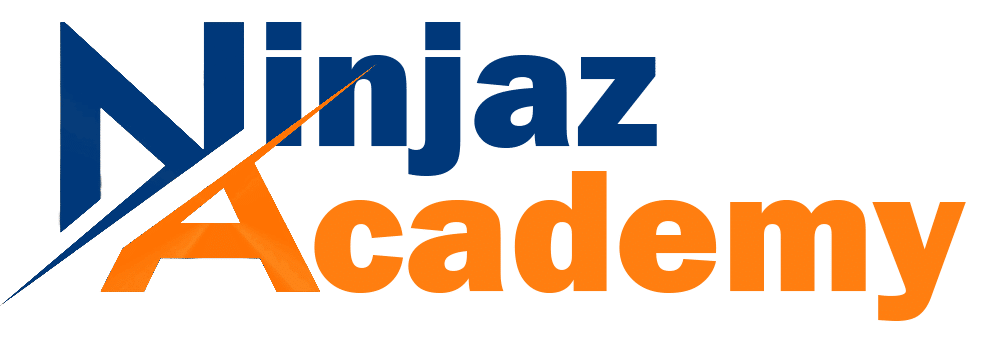
PHR Certification Training
About This Course
There are several HR certifications out there so it might be hard to know which one is right for you. The Professional in Human Resources, or PHR exam, is one of a suite of certification exams offered by the HR Certification Institute.
For many years, HR practitioners considered HRCI and the Society for Human Resource Management, or SHRM, to be one and the same. This was mostly due to the fact that SHRM sold a very popular learning system for HRCI certification prep. In 2014, SHRM decided to begin offering their own HR certifications. This meant they no longer offered a learning system designed to prep for the PHR, which left HR pros looking for more options for PHR certification prep.
Our goal is to help you prepare for the PHR exam by providing you with a full understanding of how the exam is structured as well as an overview of the HR Body of Knowledge content. The PHR exam tests your understanding of HR operations and your ability to apply US laws to various business dilemmas.
To be eligible for the PHR you must meet one of the following conditions for education and/or experience:
- Have at least one year of experience in a professional-level HR position + a Master’s degree or higher,
- Have at least two years of experience in a professional-level HR position + a Bachelor’s degree, OR
- Have at least four years of experience in a professional-level HR position.
You can see how the HR Certification Institute defines HR experience on their website at hrci.org. Once you’ve determined that you meet the eligibility criteria, you’ll need to apply to take the test at the HRCI website. You’ll be asked to submit evidence of professional-level HR experience at that time.
Exam Format & Length?
- Exam time: 2 hours (plus 30 minutes administration time)
- Exam length: 90 scored questions (mostly multiple-choice) + 25 pretest questions
- Computer-based exam at a Pearson VUE testing center or at your home or office using OnVUE (Learn more about Online Proctoring)
The PHR covers five functional areas identified by the HR Body of Knowledge. Take a look at the PHR Exam Weighting by Functional Area.
- Functional Area 01 – Business Management 20%
- Functional Area 02- Talent Planning and Acquisition 16%
- Functional Area 03 – Learning and Development 10%
- Functional Area 04 – Total Rewards 15%
- Functional Area 05 – Employee and Labor Relations 39%
There are many approaches to preparing for the PHR exam. We recommend you use this course to provide you with the foundation of the topics you’ll need to review in-depth to be prepared. First, take the PHR Practice Test included in the exercise. Then go through each functional area get an overview of the important topics you need to explore to prepare for the exam. You can also access free resources like the Department of Labor website to familiarize yourself with the laws and regulations that impact the HR practice. Now, let’s jump right in and start exploring the topics on the PHR certification exam.
Requirements
- 1. Have at least one year of experience in a professional-level HR position + a Master’s degree or higher.
- 2. Have at least two years of experience in a professional-level HR position + a Bachelor’s degree, OR
- 3. Have at least four years of experience in a professional-level HR position.
Curriculum
1. Business Management & Strategy
Lessons
2. Talent Planning & Acquisition
3. Learning & Development
4. Total Rewards
5. Employee & Labor relations
Your Instructors
Vivek Kumar Gupta
Your Professional Partner
- 16 years of experience in various facets of HR; experience spanning across industries like FMCG, Steel & Power, & ITES.
- Ideate, conceptualize and implement various HR initiatives, including Compensation & Benefits, Global Mobility, Campus strategy, L&D, performance management, succession planning, policy review
- Possess excellent managerial, relationship building & interpersonal skills; strong analytical, problem-solving & organizational capabilities; proven capability to deal with people & willingness to learn new things





